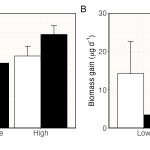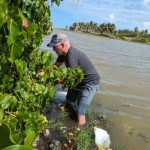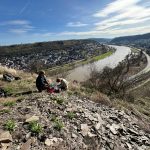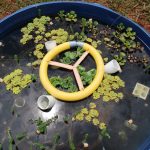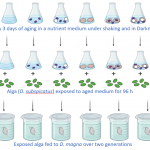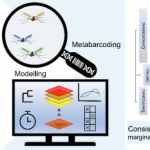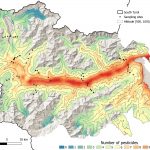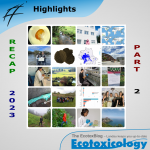In this blog post, Alexander Feckler and his colleagues explore the role of autochthonous primary production for the quality of microbially-colonized leaf material as food in heterotrophic food web in headwater streams. Despite reduced autochthonous primary production in shaded headwater streams, this study indicated a potential for enhanced secondary production and energy transfer to higher trophic levels within the aquatic ecosystem due to so-called “algal priming”.
Continue readingHow algae and fungi team up to nourish aquatic invertebrates
